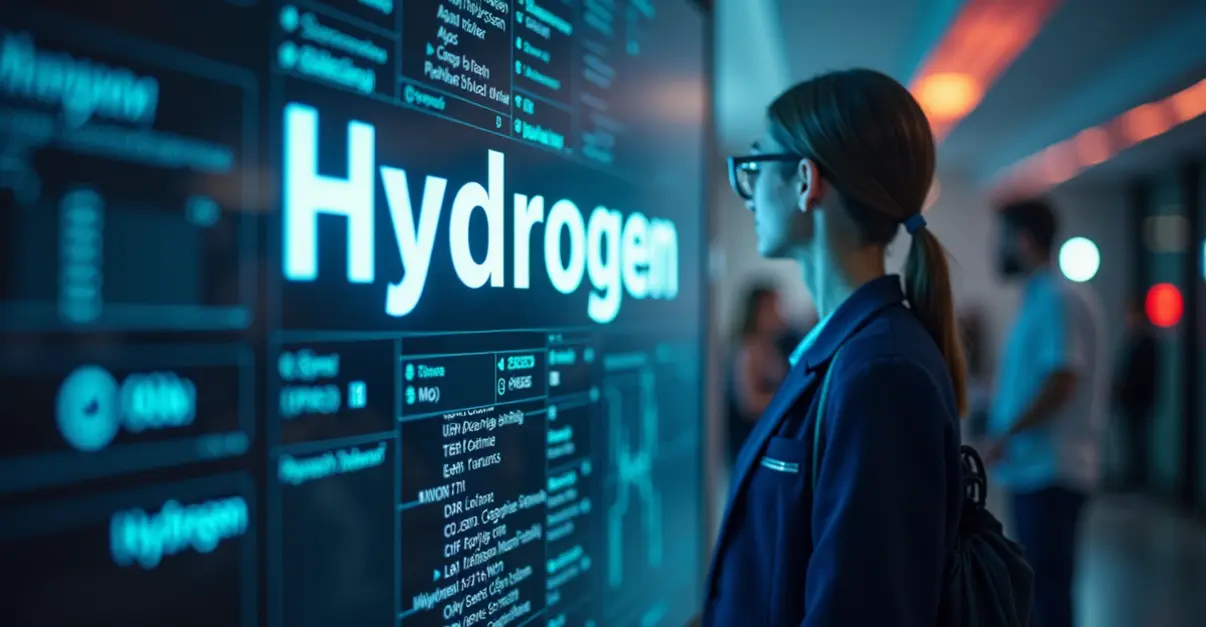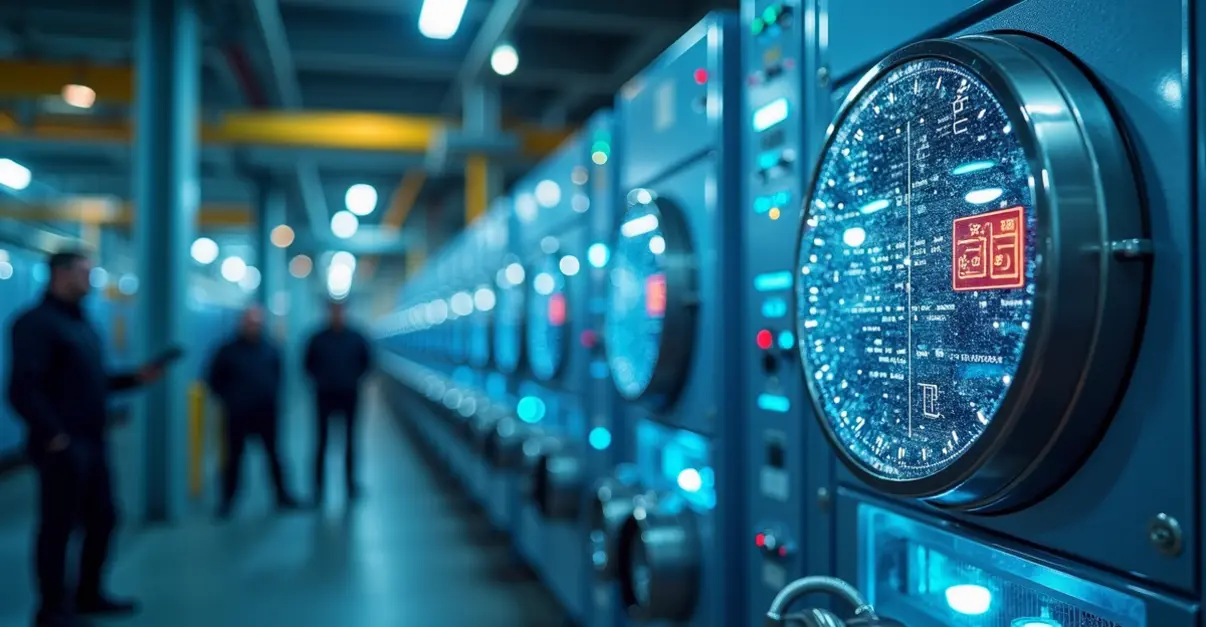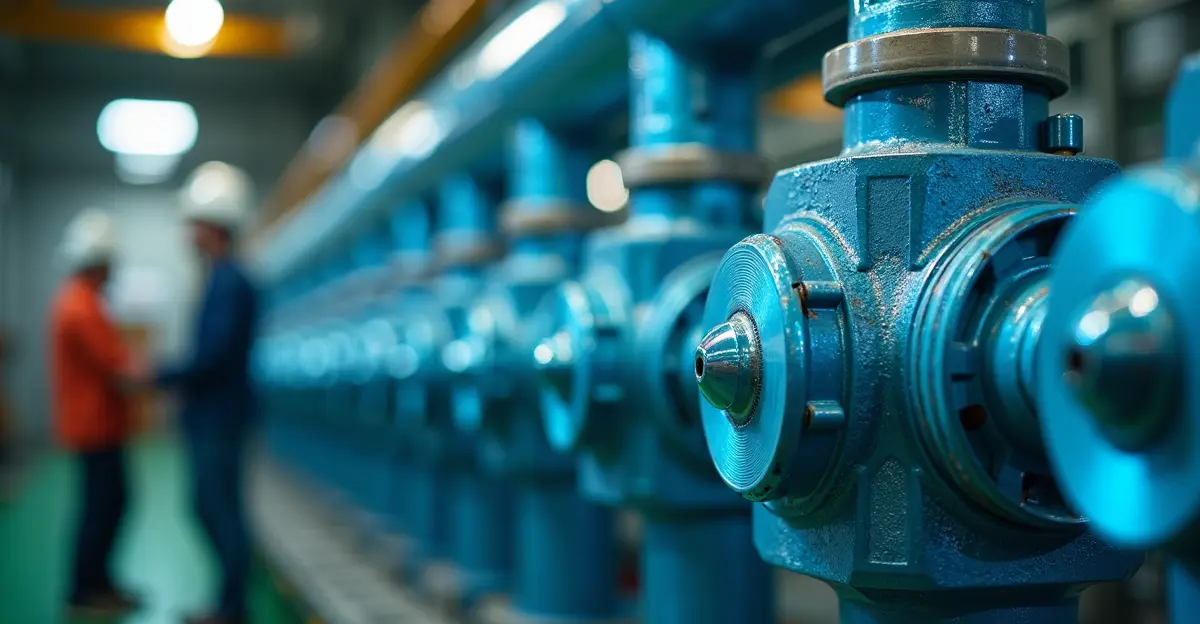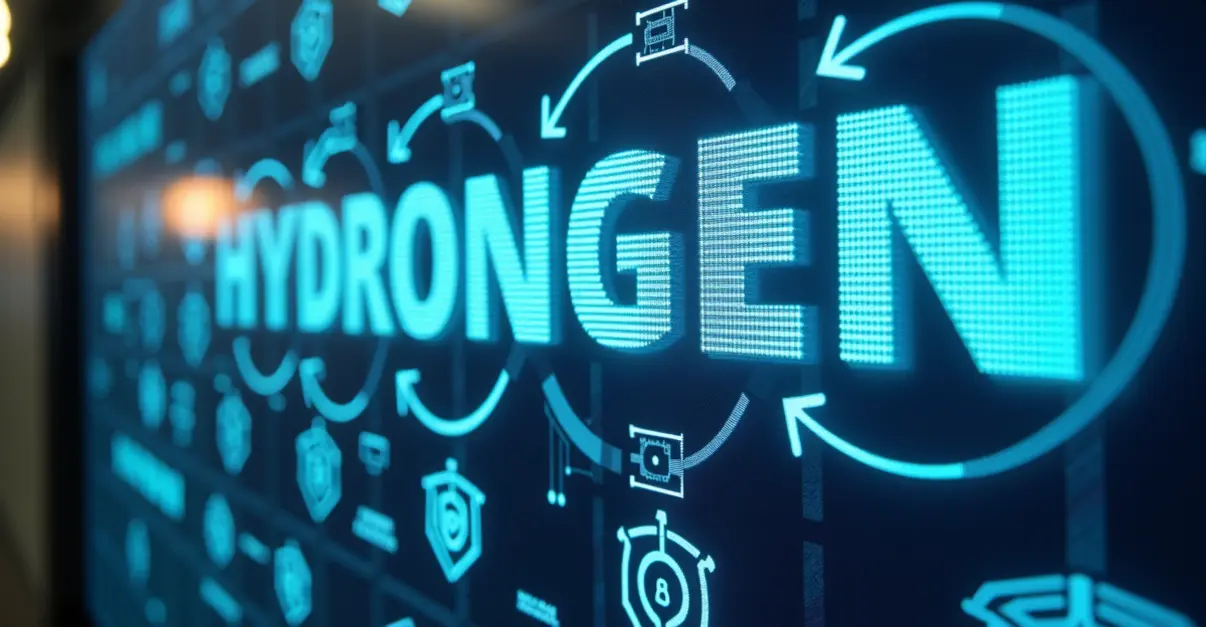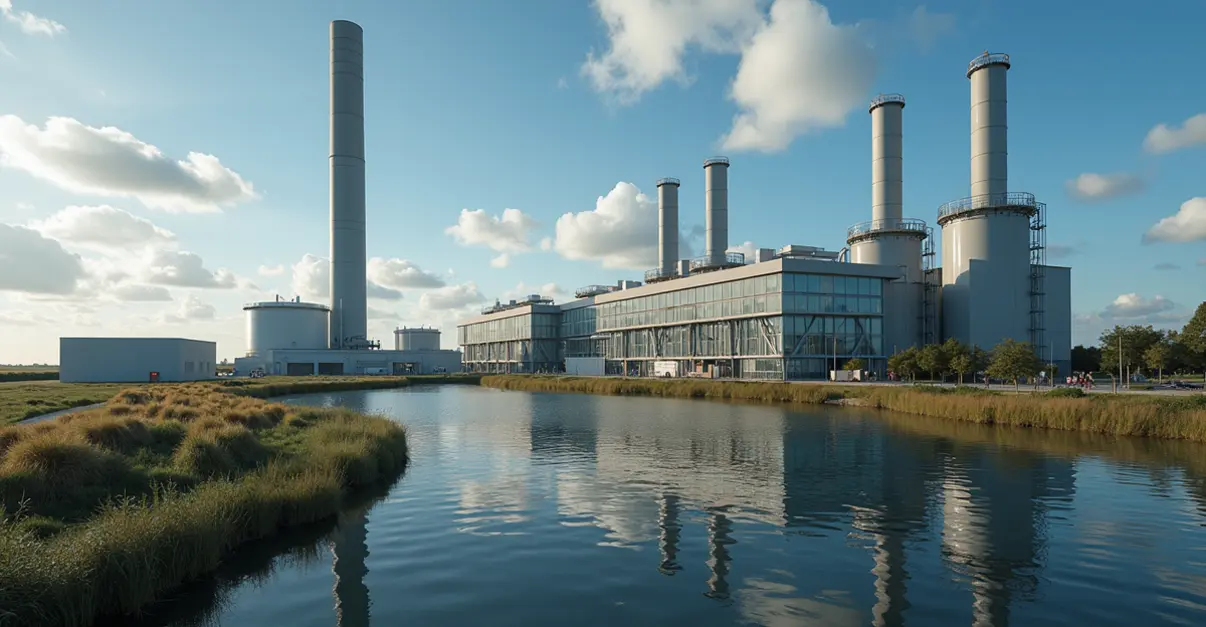Major hydrogen electrolysis projects secure billions in funding and long-term offtake agreements, with European Hydrogen Bank backing 1.5 GW capacity and RWE-TotalEnergies signing Germany's largest hydrogen supply deal.
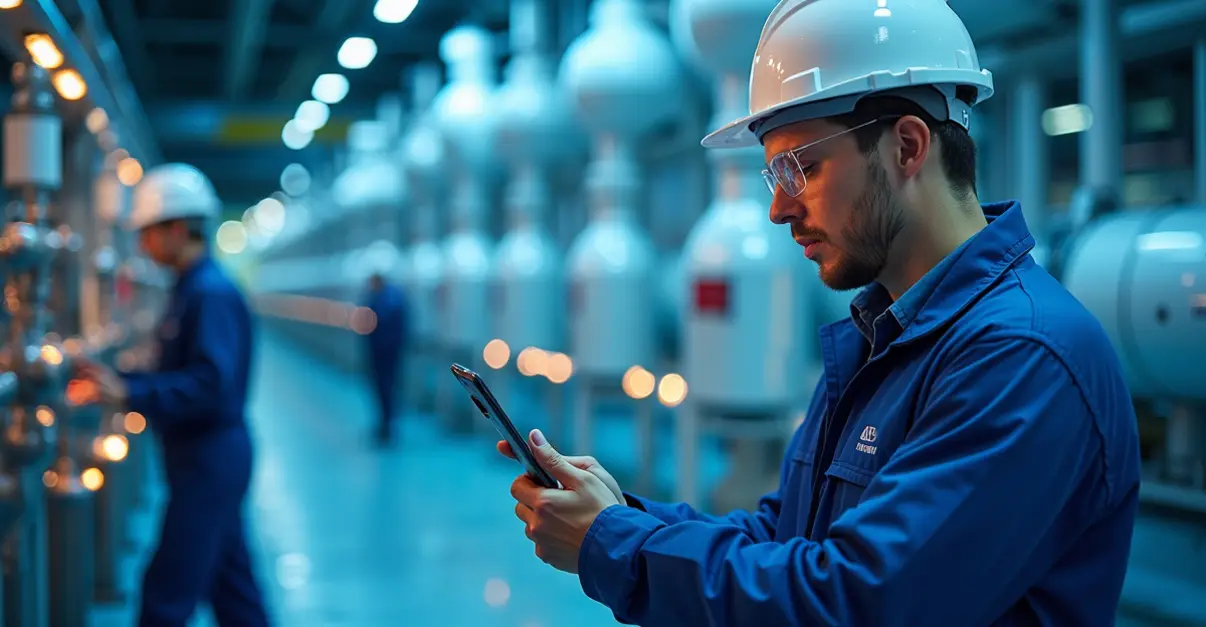
Hydrogen Revolution Accelerates with Major Project Announcements
The global hydrogen sector is witnessing unprecedented momentum as multiple large-scale electrolysis projects secure crucial financing and long-term offtake agreements, signaling growing market confidence in green hydrogen's role in the energy transition. According to the International Energy Agency's Global Hydrogen Review 2025, investment in low-emissions hydrogen production reached $4.3 billion in 2024 and is projected to grow by over 80% to nearly $8 billion in 2025.
European Hydrogen Bank Backs Major Projects
The European Hydrogen Bank's first competitive bidding process has allocated €720 million to seven renewable hydrogen projects across Finland, Spain, Portugal, and Norway. These projects will install 1.5 GW of electrolyzer capacity, producing 1.58 million tons of green hydrogen over ten years while avoiding over 10 million tons of CO2 emissions. 'This represents a crucial step in scaling up Europe's hydrogen economy and demonstrates that large-scale green hydrogen production is becoming commercially viable,' said an industry expert familiar with the funding process.
Groundbreaking Partnership Between Energy Giants
In one of the most significant developments, RWE and TotalEnergies have signed a groundbreaking 15-year agreement for green hydrogen supply, marking the largest such contract in Germany. Starting in 2030, RWE will supply approximately 30,000 metric tons of green hydrogen annually to TotalEnergies' refinery in Leuna, Saxony-Anhalt until 2044. 'This partnership represents the largest quantity of climate-neutral hydrogen ever contracted from a German electrolyzer and will enable significant CO2 reduction of 300,000 metric tons annually - equivalent to emissions from 140,000 cars,' stated a spokesperson from RWE.
Global Investment Trends
The investment landscape shows strong regional variations, with China and Europe focusing heavily on electrolysis projects while the United States prioritizes carbon capture and storage (CCUS) initiatives. According to the IEA forecasts, approximately $6 billion will be invested in electrolysis projects and just under $2 billion in blue hydrogen projects in 2025. 'We're seeing a fundamental shift where electrolysis is expected to dominate 80% of spending in 2025 despite accounting for only 56% of production due to higher capital intensity,' noted an energy analyst.
Mega-Projects Taking Shape
Several landmark projects are advancing across Europe, including the BrintØ Green Hydrogen Island in Denmark, which will produce 1 million tonnes annually using 10 GW electrolyzer capacity from offshore wind by 2030. Similarly, the Aqua Ventus project in the German North Sea features 10 GW capacity producing 1 million tonnes annually, with €6 billion investment. 'These projects represent Europe's push to decarbonize industries and meet growing hydrogen demand, with developers including Shell, RWE, and Copenhagen Infrastructure Partners leading the transition to clean energy,' explained a project developer.
Offtake Agreements Driving Investment
The importance of offtake agreements in securing project financing cannot be overstated. As detailed in Oxford Energy's analysis, these long-term purchase commitments between hydrogen producers and consumers provide the revenue certainty needed to finance large-scale hydrogen projects. 'Offtake agreements are fundamental for scaling up hydrogen production capacity and building market confidence in this emerging energy sector,' emphasized a financial advisor specializing in energy projects.
Challenges and Opportunities
Despite the progress, challenges remain. Concerns about whether European funding truly benefits European companies persist, as many projects plan to source electrolyzers from Chinese manufacturers. Additionally, experts emphasize that Europe must accelerate project execution and streamline permitting processes to remain competitive against global initiatives like the US Inflation Reduction Act. 'The key challenge now is translating these financial commitments and agreements into operational projects that can deliver hydrogen at competitive prices,' commented a policy expert.
The successful financing and offtake agreements for these large-scale electrolysis projects mark a significant milestone in the global energy transition. As these projects move from planning to implementation, they promise to accelerate the decarbonization of industrial processes and transportation while creating new economic opportunities in the emerging hydrogen economy.

 Nederlands
Nederlands
 English
English
 Deutsch
Deutsch
 Français
Français
 Español
Español
 Português
Português




